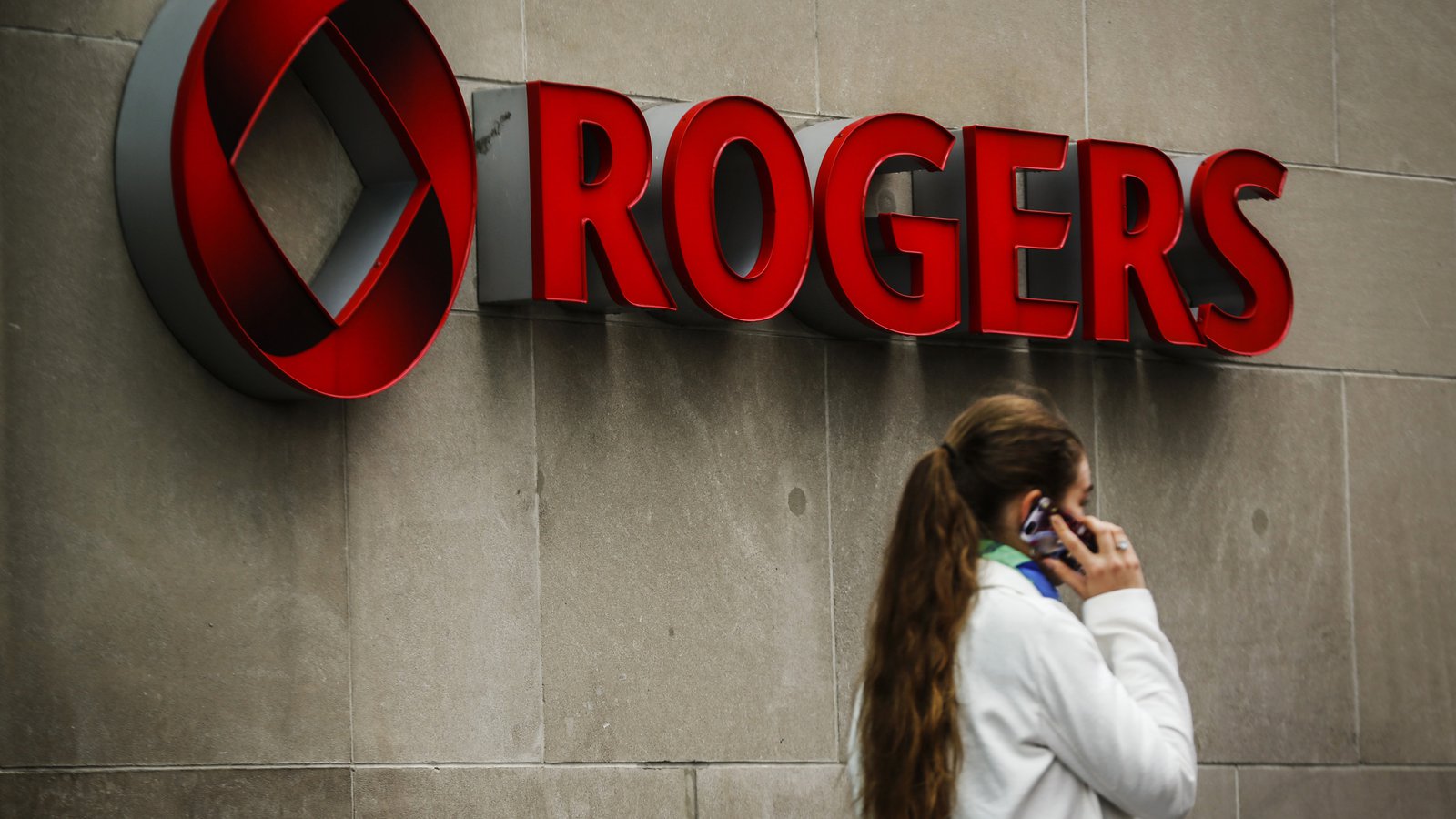FSTO
Army.ca Veteran
- Reaction score
- 4,751
- Points
- 1,210
The great Canadian love affair with monopolies seems to be continuing. But maybe the government is finally listening?
/cloudfront-us-east-1.images.arcpublishing.com/tgam/TO5L7XBA55IZRGERMON4C2BEAI.jpg)
 www.theglobeandmail.com
www.theglobeandmail.com
/cloudfront-us-east-1.images.arcpublishing.com/tgam/QN3AVRPAWBK4JKIOSPHSGGOCEY.JPG)
 www.theglobeandmail.com
www.theglobeandmail.com
/cloudfront-us-east-1.images.arcpublishing.com/tgam/TO5L7XBA55IZRGERMON4C2BEAI.jpg)
Competition Bureau to appeal tribunal decision allowing Rogers’s proposed Shaw takeover to proceed
Telecoms expressed disappointment that Competition Commissioner is appealing the decision and applying for an injunction
/cloudfront-us-east-1.images.arcpublishing.com/tgam/QN3AVRPAWBK4JKIOSPHSGGOCEY.JPG)
Opinion: Canadians should be wary of the rushed Rogers-Shaw decision
The federal government has a final opportunity to hold the cable conglomerate accountable for delivering value to Canadians - and should do so




